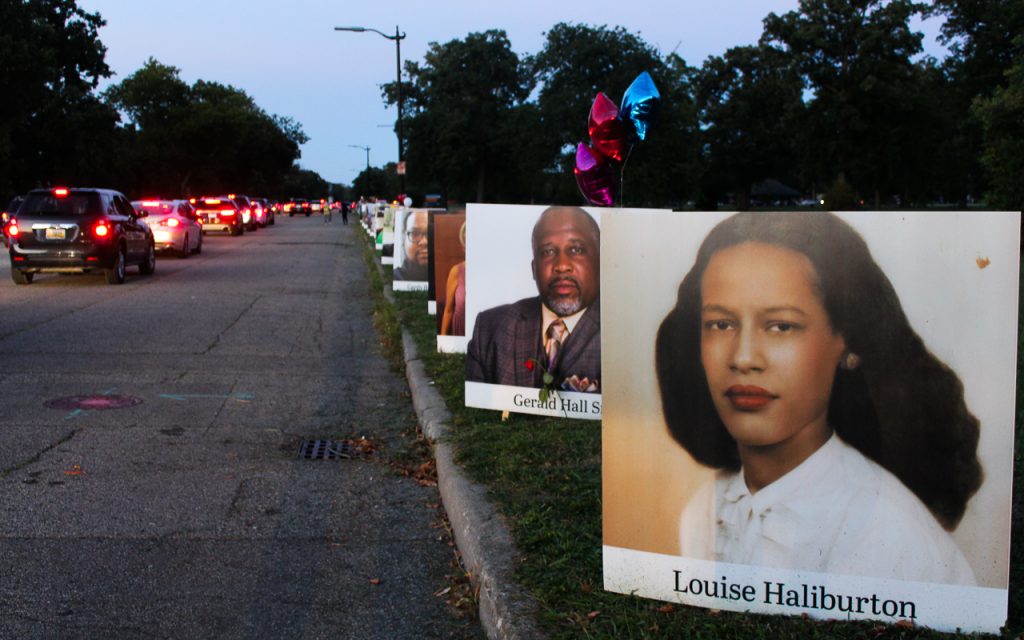U.S. Reaches 500,000 COVID Deaths, Toll Will Continue To Rise Despite Vaccine Rollout
Dr. Paul Kilgore of Wayne State University and Henry Ford Health System says that masking and distancing will continue to shape life for the foreseeable future.

Earlier this week, the United States reached a sobering new marker in our pandemic reality: COVID-19 has now killed 500,000 people in this country — half a million lives lost. As news about how this virus has ravaged every inch of this nation has continued to pour out over the last year, it’s easy to become numb or desensitized as a way of coping with this relentless despair. But it’s important to remember that those 500,000 people were parents, friends, sons, daughters, co-workers, relatives, community members.
Remembering this time last year, when the virus was making its way through parts of the Pacific Northwest, COVID-19 was little more than a blip on our collective radar. So much has changed in a year, and now at the start of 2021, vaccine distribution is beginning to roll out, cases are dropping drastically overall but there are also new variants of the virus, and big questions to ask about what life will look like even after most of us receive the vaccine.
Listen: Dr. Paul Kilgore on half a million COVID deaths in U.S. and moving forward with vaccine rollout.
Guest:
Dr. Paul Kilgore is an Associate Professor and Director of Research at Wayne State University’s College of Pharmacy and Health Science. He’s also a principal investigator at Henry Ford Health System and an expert in vaccine research. As the county hit 500,000 deaths from COVID earlier this week, Kilgore says that we still have a lot of work to do. “There’s no doubt about it, the vaccine will be an important tool but not the only one,” says Kilgore. He adds that it will continue to be crucial that people wear masks and practice distancing in the months ahead. He also points to other countries, including Korea, where mask wearing as a way of minimizing disease transmission is a normal part of life and would be beneficial here in the United States as well. “We need to think very carefully about how we adopt mask wearing in this country as a permanent activity… that can really help when reducing transmission,” says Kilgore.
As far as the outlook for the next several months here in Michigan, Kilgore that he thinks “what we’ll see as (weather warms up) is potential reduction in transmission but… if variants are causing easier transmission we will still need to be very vigilant about masking, distancing and getting vaccinated as soon as possible.”
Trusted, accurate, up-to-date
WDET is here to keep you informed on essential information, news and resources related to COVID-19.
This is a stressful, insecure time for many. So it’s more important than ever for you, our listeners and readers, who are able to donate to keep supporting WDET’s mission. Please make a gift today.
